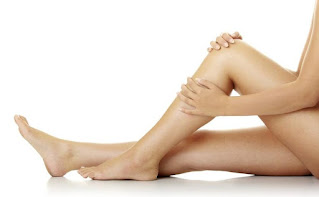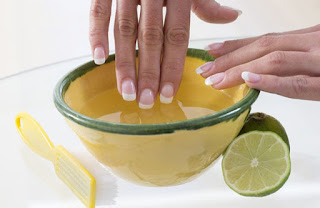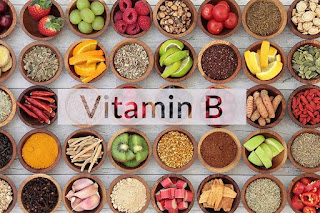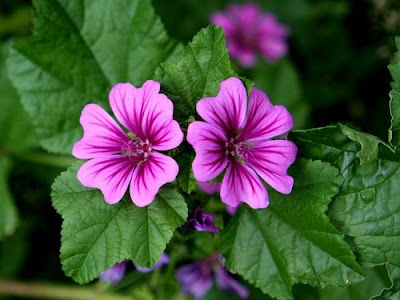Daily foot care

Foot care should take place on a daily basis and thus form part of the daily routine of one's personal hygiene. At least once a day it is good to wash your feet and inspect the entire surface of the epidermis of the foot and toes in order to assess their state of health. Any problems that we may find are usually redness, cracks, swelling, hardening, ingrown nails, cuts, and micro-lesions. Wash your feet Your feet need to be washed with warm water and mild soap every day. The temperature of the water is important because if it is too high or too low it can lead to more foot problems than it benefits. The body temperature of 37 degrees is the most suitable value as the temperature of water in which to immerse the feet. Subsequently, the choice of soap is important because it must respect the pH of the body and thus avoid it being too aggressive. There are herbal soaps or you can wash your feet even without soap using only a soft sponge and your hands. On the epidermis of the foot, t...





